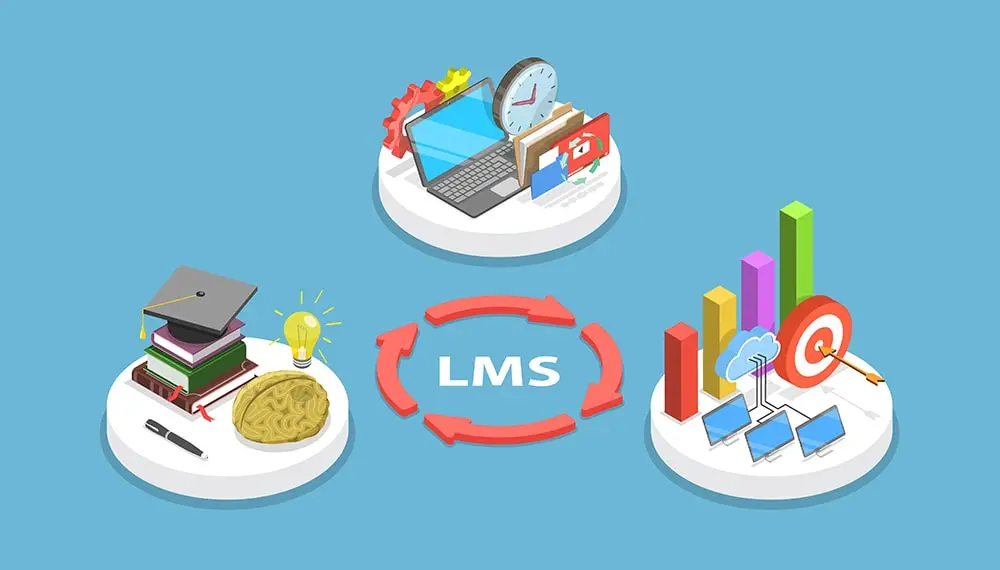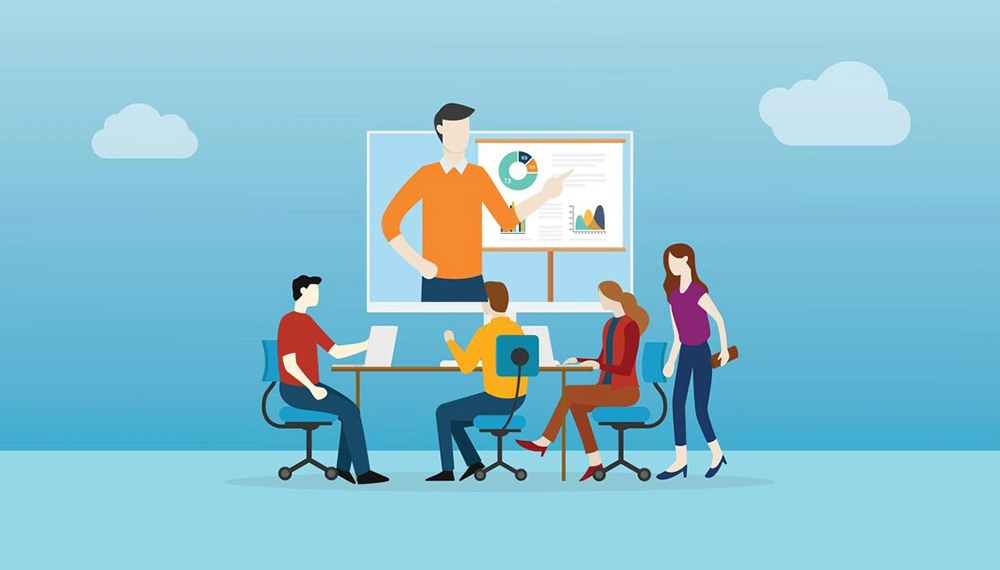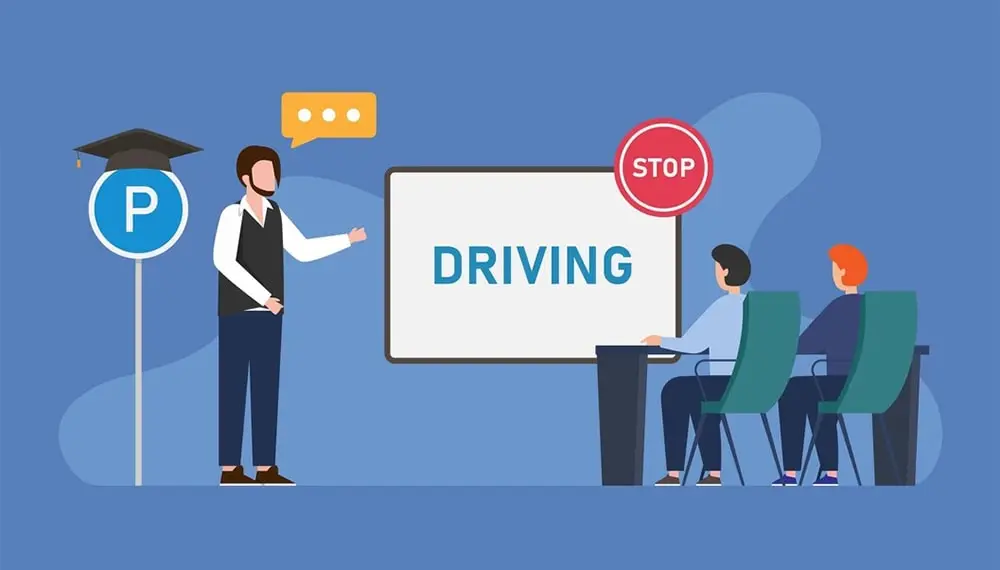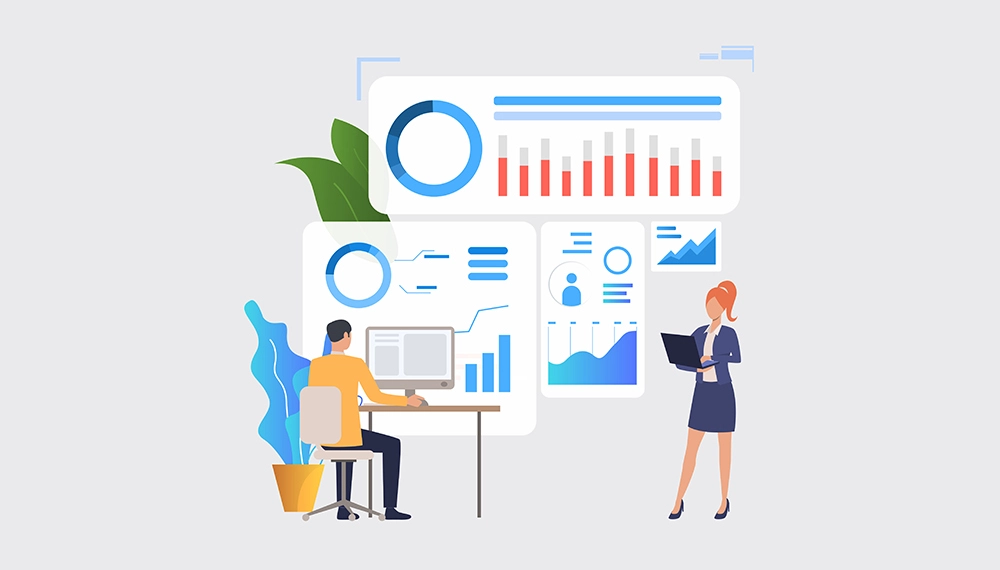Seven Features That Separate a Great LMS from the Rest
Rohit Kumar
25 Apr, 2025

Learning Management Systems (LMS) have become indispensable to organizations delivering and managing employee training. As a centralized software platform, an LMS allows companies to efficiently create, distribute, and track learning programs across teams, departments, and geographies.
More than just a course delivery tool, a modern LMS supports end-to-end training management. It simplifies content distribution, enables consistent learner experiences, and provides robust reporting capabilities to monitor progress and measure outcomes. For organizations focused on continuous development, an LMS is not just functional—it's strategic.
To maximize your training investment, your LMS must have a few non-negotiable capabilities. Let's explore the seven essential features that make the difference.
1. Personalized Learning Paths
An effective LMS should offer personalized learning paths tailored to individual employee needs. This customization enables learners to engage with content relevant to their roles & career aspirations, fostering a more impactful learning experience. Personalized pathways help address specific skill gaps and promote professional growth.
2. Compliance and Certification Tracking
An LMS must include robust compliance and certification tracking capabilities for industries with stringent regulatory requirements. This feature ensures that employees complete mandatory training and certifications within designated timeframes, helping organizations adhere to legal standards and avoid potential penalties. Automated reminders and detailed reporting streamline the compliance process.
3. Comprehensive Assessment and Reporting Tools
Robust assessment and reporting functionalities are vital for evaluating the effectiveness of training programs. An LMS should facilitate the creation of diverse assessment types and provide detailed analytics on learner performance. These insights enable organizations to identify trends, measure training impact, and make informed decisions to enhance learning outcomes.
4. Mobile Compatibility
With the increasing prevalence of remote work and mobile device usage, an LMS must be accessible across various devices, including smartphones and tablets. Mobile compatibility allows employees to train conveniently, promoting flexibility and continuous learning regardless of location.
5. Intuitive User Interface
An LMS should feature an intuitive and user-friendly interface to ensure seamless navigation for both learners and administrators. A well-designed interface lowers the learning curve, enhances user engagement, and minimizes the need for extensive technical support, leading to a more efficient training process.
6. Seamless Integrations
It is essential to be able to integrate with existing enterprise systems such as Human Resources Information Systems (HRIS), Customer Relationship Management (CRM) platforms, and other tools. Seamless integrations facilitate data consistency, streamline workflows, and provide a holistic view of employee development within the organization.
7. Comprehensive Support Services
Reliable support services are crucial for addressing technical issues & ensuring the smooth operation of the LMS. Access to timely assistance, whether through documentation, tutorials, or customer support teams, helps maintain system efficiency and minimizes disruptions to the learning process.
Core Competency Is the Partner for Your Employees' Skill Growth Journey
Core Competency's Learning Management System combines every essential feature today's enterprises need in a training platform—without the clutter. Designed for organizations that treat learning as a strategic asset, the platform delivers automated course deployment, seamless progress tracking, and real-time analytics that help L&D teams stay ahead.
It supports SCORM-compliant content, offers intuitive mobile access, and incorporates interactive tools that make learning a daily habit rather than a once-in-a-while event. What sets it apart is the ability to personalize learning through customizable paths, ensuring employees build the skills they need—when they need them.
Core Competency is a long-term learning partner for companies seeking measurable outcomes from their training programs.




